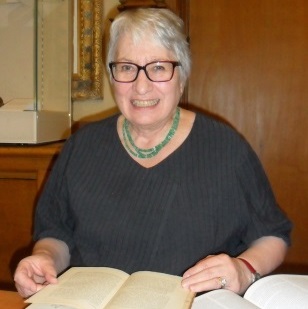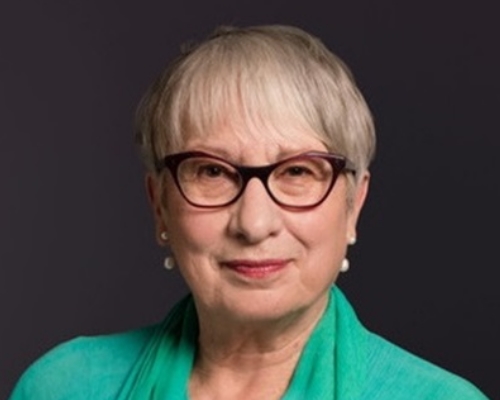How do we take care that implicit bias does not distort the outcome of selection processes? Unconscious bias creeps in whether we like it or not, especially the kind of bias that favours the in-group.

At the Royal Society a large number of panels and selection committees work tirelessly. They make decisions that really matter to scientists’ careers. They are, for instance, about election to the Fellowship, prestigious prizes and medals and postdoctoral fellowships and research grants. Editorial boards make decisions about which papers get published.
These committees strive to be fair. They have to abide by stringent rules. For example, it is required that panel members declare conflicts of interest and that they will then not take part in the decision in question. The rules take care of explicit bias, but how do we take care that implicit bias does not distort the outcome of selection processes? Unconscious bias creeps in whether we like it or not, especially the kind of bias that favours the in-group.
For good evolutionary reasons we fear the unfamiliar and we feel safe with the familiar. Familiar and safe, desirable and prestigious are all attributes we like to see in our in-group. However, in-groups tend to be quite fluid and we can define an in-group by the drop of a hat – to quote the example of Hogwarts, Harry Potter’s school.
Inevitably, because of the Society’s history when we look at the list of Fellows, some of whom have been elected decades ago, the advantage is with men over women. It is also with those who have a white ethnic background over those who do not. But we can expect changes in new elections given that there have been major changes in the population and in academia in particular.
The scenario for young scientists who are eligible to apply for grants is similar. When selecting the most talented scientists we do not want to be trapped by tricks of our mind, automatic short-cuts that may nudge us towards emulating patterns that belong to the past. I am confident that there is a strong desire for equality and fairness. Inequality is not only morally repugnant, it also undermines the selection for excellence. History tells us that members of out-groups have often been the ones to make the most extraordinary scientific discoveries. There is no conflict between the striving for excellence and the striving for fairness and equality.
The Royal Society is committed to actions when it comes to tackling diversity and, at the recommendation of its Diversity Committee, has put in place a few measures to tackle unconscious bias.
- We have produced a short briefing for all selection panels and sectional committees that explains what unconscious bias is and what can be done about it.
- To complement this briefing we have produced a short animation available on YouTube. This can act as a prompt to remind us of our unwitting tendency to let unconscious bias slip into evaluations.
- At our Diversity Conference on 23 November Professor Mahzarin Banaji will talk to us about “Blindspot: Hidden Biases of Good People’. She is a world authority on the subject and has developed the IAT, the famous test of implicit bias that is now widely used in implicit bias training programmes.
In addition, I have instigated a literature review on the subject. This is to be submitted for peer review in due course. The review will scrutinise what is known about how individuals and groups make decisions and will draw out implications for diversity. Such an in depth review will give the necessary scientific evidence to back up the briefing, the animation and the Keynote talk and will be used to guide future actions.
We have reasons to be optimistic. One particularly encouraging finding is that just reading about unconscious bias increased people’s willingness to acknowledge their own susceptibility to bias. (Pronin & Kugler, PNAS 2010).
True, we will never have access to the inner workings of our perceptions. True, our mind is geared to work efficiently by using short cuts. True, these short-cuts can be described as biases.
But, insight is possible even when it cannot ever penetrate into the nuts and bolts of the mental machinery.
We can acknowledge that our mind uses short cuts automatically, and that these short cuts can cloud our judgement.
We can query our instant judgements and sit back and consider again, slowly, listening to different voices and considering different points of view.

